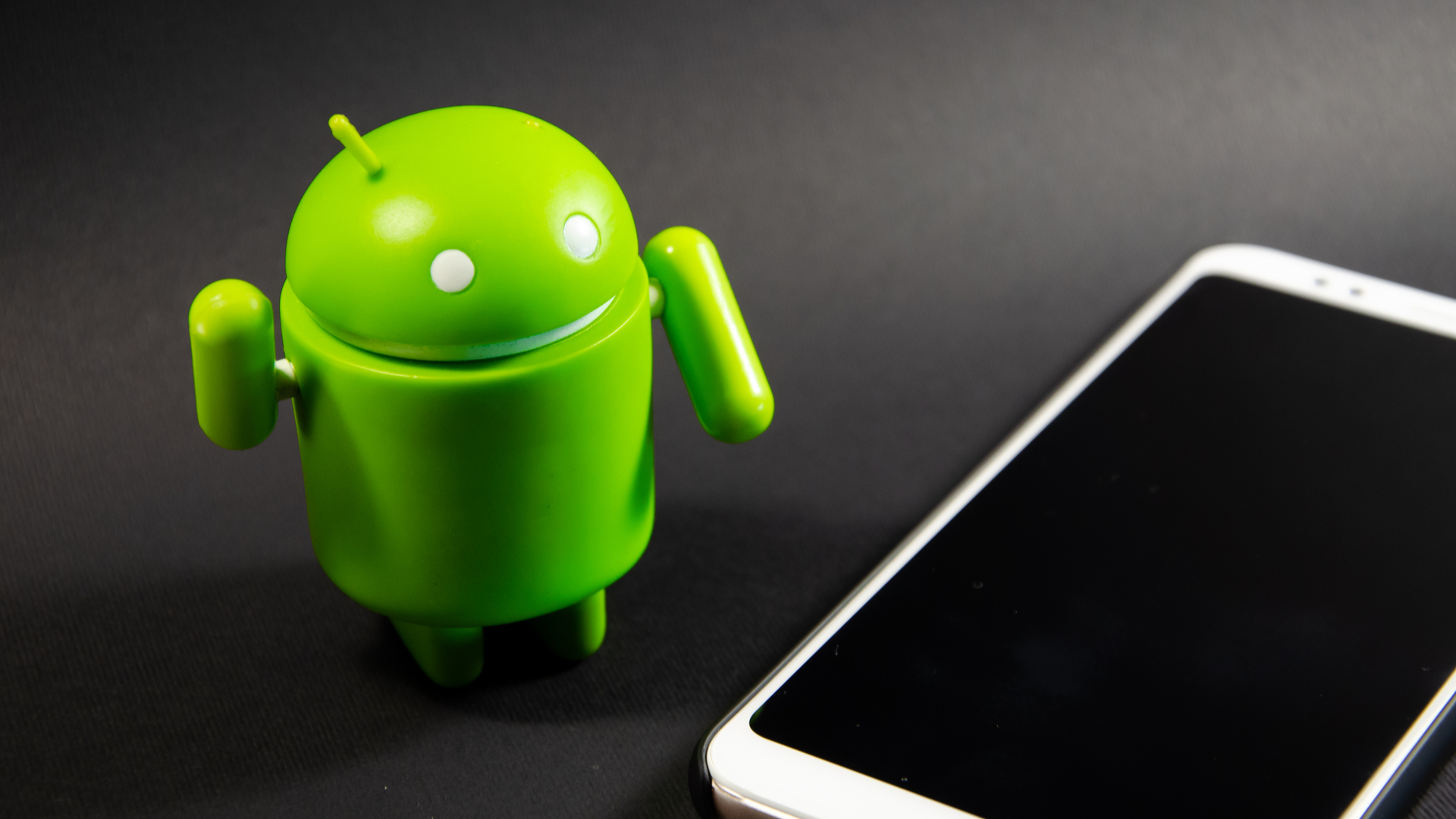Are Android VPNs safe?
Can you trust an Android VPN to keep your data safe and private?

When you browse the Internet on your computer or phone, all your Internet traffic gets relayed through multiple servers. Third parties, like your Internet service provider and the government, can snoop on what you’re doing. Any website you visit can also see your IP address, a unique ID that can be used to identify you and trace your location.
An Android VPN (virtual private network) routes all your Internet traffic through a remote server in an encrypted format. No one can see what you’re doing, so your browsing is safer and your privacy is maintained.
Some of the best VPN services have been around for decades, but VPNs tailored to Android devices are relatively new. As people have begun browsing more on their phones, VPNs for mobile devices have become more common. But do they work as well as desktop VPNs, or are there sacrifices to be made?
Are Android VPNs as secure as desktop services?
VPNs for Android devices, by and large, can be as secure as their desktop counterparts. Top VPN providers, like ExpressVPN and Surfshark, use the same infrastructure for their mobile VPNs as for their desktop VPNs, so you can leverage the same features.
You can, however, choose the wrong product. There are hundreds of VPNs on the Google App Store, and not all of them have the same levels of security and privacy as the top choices.
Free VPN providers – especially on Android – have been known to contain malware and include third-party tracking. Instead of making money by selling a service to their users, they make money by selling your data to third parties. This pretty much entirely negates the point of using a VPN in the first place, so we recommend only choosing a service that’s proven to be trustworthy.
Is it worth getting a VPN on my Android device?
Yes! The most important thing that you get from a VPN is complete privacy for your surfing online, and peace of mind that no one is snooping on your online shopping, banking, or browsing. All the top-rated providers can give you clients for multiple devices, so you can use it on your Android, as well as having an iPhone VPN, plus a desktop and router VPN, all under one plan.
Sign up to get the BEST of Tom's Guide direct to your inbox.
Get instant access to breaking news, the hottest reviews, great deals and helpful tips.
Other things that you can do with a VPN include anonymous file sharing and visiting websites that are blocked by your Internet service provider or government. You can also stream geo-blocked movies. For example, if you're in the UK, you can watch films and TV shows that are only available in the US if you use a Netflix VPN, alongside other streaming services.
Which Android VPN should I choose?
ExpressVPN is the best Android VPN available.
In our testing of dozens of VPNs, we found ExpressVPN to be the top choice for Android. The app is slick and easy to use, and there is a long list of configuration options for those who like to tweak how their VPN works.
You'll have access to over 3,000 servers located in 94 countries. ExpressVPN uses AES 256-bit encryption and 4096-bit authentication keys, making it one of the most secure options available.
We used ExpressVPN to unblock iPlayer, Netflix, Hulu, and Amazon Prime without issue, and it has one of the fastest connection speeds we’ve tested. It’s a truly comprehensive VPN solution, so we recommend it to anyone looking for an Android VPN – plus, Tom's Guide readers will be able to claim three months free on any annual plan.
Richard is a technology writer with over 20 years experience in website development, marketing, and SEO. A graduate in Computer Science, he has lectured in Java programming and built software for companies including Samsung and Walmart. Richard writes for TechRadar, IT Pro, Tom's Guide, and PC Gamer.


